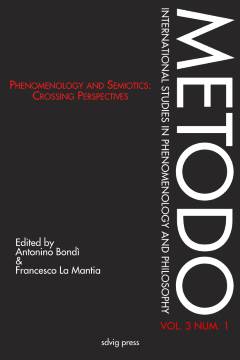Selbstbegrenzung in einer polyzentrischen Weltgesellschaft
Revisionen der imaginären Grenzen Europas
pp. 49-73
Abstract
After the decline of its geopolitical hegemony during the 20th century, Europe is confronted with the challenge of situating itself in a polycentric world society. Since Europe is not a reality in the sense of physical geography but product of a certain self-interpretation, which has been significantly determined by philosophy, the question of the borders of Europe can only be treated in the medium of intellectual reflection. At the beginning of the 21th century the European search for its “locus” in the global society has to acknowledge that the different world regions have made very different experiences with the globalization process initiated by European powers since the 15th century. In this perspective, Europe must re-define its imaginary borders beyond imperial nostalgia and a regressive particularism. For this reason Europe has to revise its outdated images of the barbarian Other which constituted European identity since Antiquity: First, the dichotomy Europe versus Asia, which was transformed into the opposition between Christianity and Islam during the 15th century. Secondly, the break between Europe, precisely the Latin Christianity, and Byzantine, which caused a dangerous gap between Western Europe and Russia; and, thirdly, the exclusion of the Iberian Peninsula from core Europe, which led to a cultural devaluation of the Hispanic world and Latin America since the 19th century.
Publication details
Published in:
Tava Francesco, Caminada Emanuele (2016) Facing global crisis after Europe. Metodo 4 (1).
Pages: 49-73
Full citation:
Schelkshorn Hans (2016) „Selbstbegrenzung in einer polyzentrischen Weltgesellschaft: Revisionen der imaginären Grenzen Europas“. Metodo 4 (1), 49–73.


